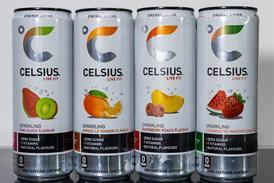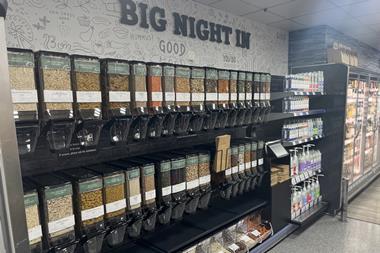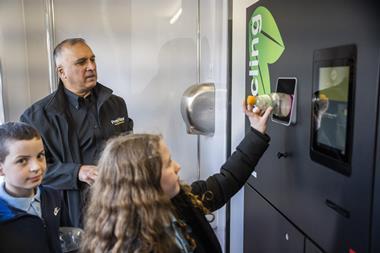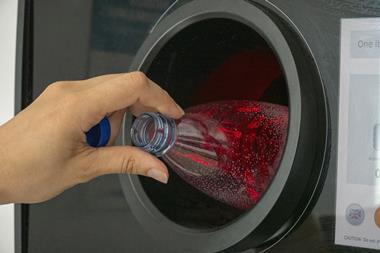Half of food retailers are unprepared for upcoming food waste legislation
By Sarah Britton2023-05-12T07:38:00

Source: GettyImages-1425232352
Recycling firm claims retailers can save thousands by recycling food waste, rather than sending it to landfill
ALREADY HAVE A REGISTERED USER ACCOUNT? PLEASE LOG IN HERE
To read the full story join the ConvenienceStore.co.uk community today!
Registration is quick and easy and provides access to:
- Unlimited ConvenienceStore.co.uk articles
- Our great range of newsletters
- Content you’ve saved for later via the ‘my library’ feature
And much more…
Related articles
More from News
Unlimited Access + Newsletters
Register today to gain unlimited access to articles and to receive our great range of email newsletters.






























